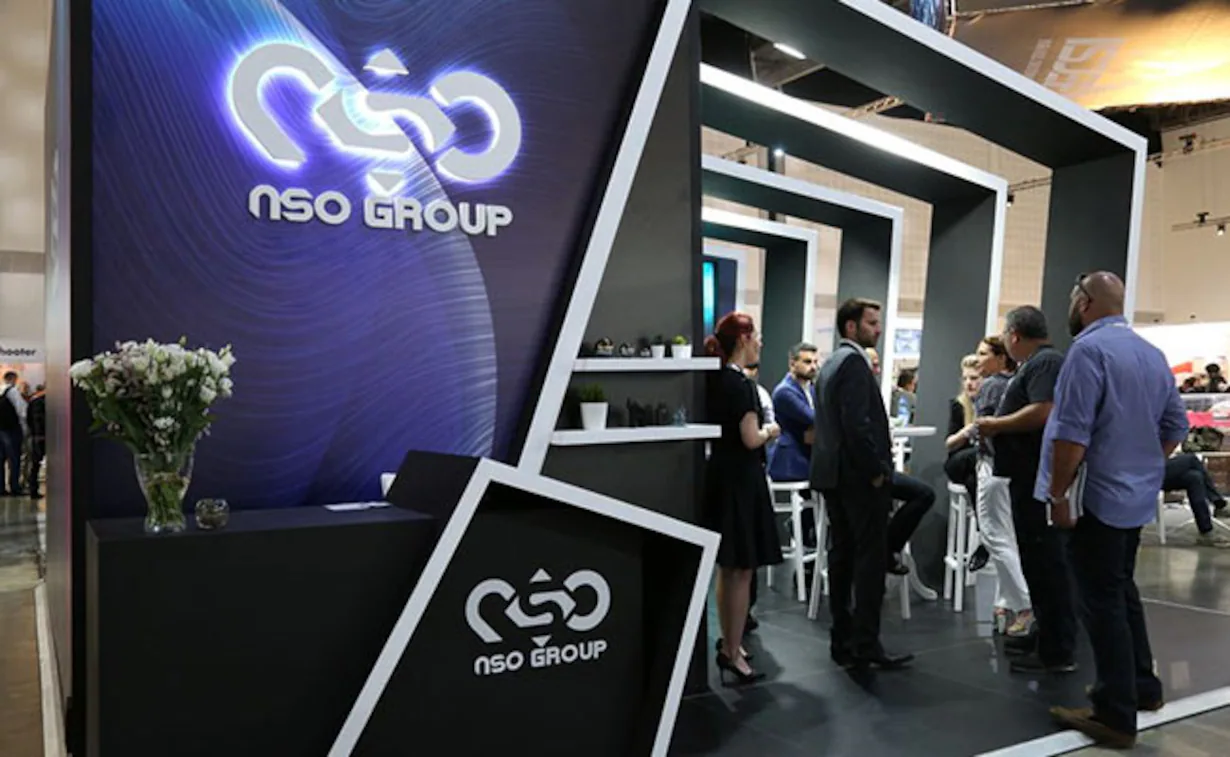A list of phone numbers identified by Amnesty International have caused an uproar around the world, calling for better privacy policies. The recent discovery of the misuse of Pegasus, a remote surveillance spyware that can be used on smartphones, has forced all smartphone companies to rethink their approach to privacy, and resulted in widespread criticism of the involved world leaders.

Developed by an Israeli firm known as NSO group, Pegasus served as a surveillance software, enabling government officials to track terrorists and criminal activity. Going virtually undetected, this spyware can easily be installed through a message or phone call. Known to turn on microphones, cameras and track one’s location, the use of this technology has previously been limited to foreign governments. Pegasus was originally classified as a weapon by the Israeli Defense Force, thus limiting its export and sale to those with an appropriate license.
In the age where the targeted leaders, journalists and activists are well connected both financially and technologically, smartphone companies including Apple show growing apprehension over their privacy policies and settings. While multinational companies like Apple rethink their strategies, Israel contemplates tightening export laws for such spyware and technology.
Amnesty International, alongside the Paris-based nonprofit organisation Forbidden Stories, has identified a list of over 50,000 phone numbers, belonging to government officials, journalists, human rights activists and their families that were affected by this technology. 37 of these phone numbers recently experienced successful installation of this software, raising concern over smartphone privacy settings and the invasive nature of its users. French President Emmanuel Macron was one of the suspected targets on the list of phone numbers, however it is unclear whether his phone was ever attacked. French authorities have introduced an overhaul of security measures, while the President has reportedly changed phones and replaced phone numbers.
The creator or purpose of this list remains unknown, however various media outlets have launched a collective investigation for the same. They identified the NSO Group to be a growing leader in an already vastly unregulated spyware industry. Panning over 50 countries, the numbers of this list belong to 85 identified human rights activists, 65 business executives and political leaders including the Arab Royal Family.
The NSO Group’s Executive Chief has stated that the group is “very concerned” and “are checking every allegation”. “If some of the allegations are true, we will take stern action”, he said. Hundreds of the phone numbers infected with this surveillance technology include journalists and business executives from India and Hungary, while their leaders claim they act legally when conducting such surveillance. The ongoing scrutiny of big technology companies and businesses has detected various democracy and human rights abuses via this invasion of privacy. The international investigation aims to discover the true purpose and nature of such surveillance and unearth the authoritarian tendencies of governments and world leaders.
Similar technologies and incidents of “snooping” have raised concern over the invasion of privacy in the past. Though the impact of these were significant, nothing of the same intensity as Pegasus has been reported. In India, the 2013 ‘Snoopgate’ incident was one of many, where audio tapes of various government officials were recorded and leaked. Recently, concerns over the privacy of apps such as WhatsApp have also been expressed. Despite the promised end-to-end encryption, court cases over the government's access to phone calls and messages are ongoing. While India is not the only country battling this wave of invasive authority, their place on the Free Press Index continues to slip, as privacy no longer remains an accepted norm. The true potential of such spyware technology, albeit unknown, is feared by the world.
Posing a threat to civilians’ democratic and constitutional rights to privacy, Pegasus has become the leading cause for concern. Linking back to the authoritarian habit of spying on civilians and controlling every move to favour the governing body, the inappropriate use of such spyware has opened doors for leaders to attain more power and strengthen their rule. As democracy becomes the most accepted and legitimate form of government, with people fighting for their rights in various parts of the world, the risk of leaders resorting to methods of increasing their power becomes a growing risk.
Disclaimer
Any facts, views or opinions are not intended to malign, criticise and/or disrespect any religion, group, club, organisation, company, or individual.
This article published on this website is solely representative of the author. Neither the editorial staff nor the organisation (Political Pandora) are responsible for the content.
While we strive to present only reliable and accurate information, should you believe that any information present is incorrect or needs to be edited, please feel free to contact us.


